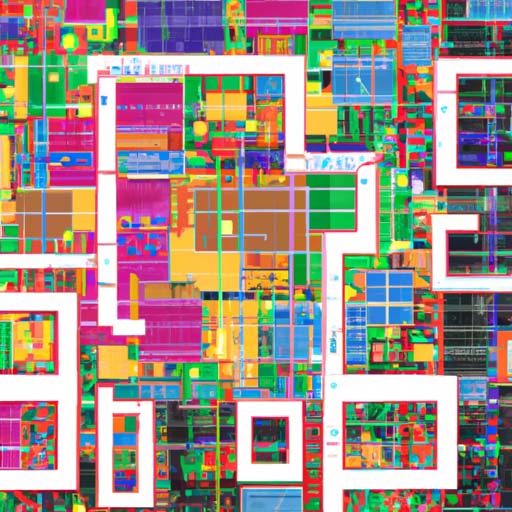Python is a versatile programming language that is widely recognized for its use in web development. However, its capabilities extend far beyond just creating websites and web applications. In this article, we will explore some of the unconventional uses of Python outside of web development, highlighting its diverse applications in various industries.
1. Data Analysis and Visualization
Python is a popular choice among data analysts and scientists for its powerful libraries such as NumPy, Pandas, and Matplotlib. These libraries provide robust tools for data manipulation, analysis, and visualization. With Python, you can efficiently process large datasets, perform complex mathematical calculations, and create visually appealing charts and graphs to present your findings.
– Whether you’re working with financial data, scientific research, or marketing analytics, Python’s data analysis and visualization capabilities can help you gain valuable insights and make informed decisions.
2. Machine Learning and Artificial Intelligence
Python’s simplicity and readability make it an ideal programming language for developing machine learning and artificial intelligence applications. The availability of libraries like TensorFlow, Keras, and Scikit-learn enables developers to build sophisticated models for tasks such as image recognition, natural language processing, and predictive analytics.
– By harnessing Python’s machine learning capabilities, businesses can automate repetitive tasks, enhance customer engagement, and optimize their operations using intelligent algorithms.
3. Desktop Application Development
Python’s cross-platform compatibility makes it suitable for developing desktop applications that can run on different operating systems. The PyQt and Tkinter libraries provide tools for creating intuitive graphical user interfaces (GUIs), allowing developers to build interactive desktop programs with ease.
– Whether you need to create productivity tools, scientific simulations, or multimedia applications, Python offers the flexibility and simplicity required for efficient desktop application development.
4. Internet of Things (IoT)
Python’s lightweight footprint and ease of integration make it a popular choice for programming Internet of Things (IoT) devices. With libraries like MicroPython and CircuitPython, developers can write Python code directly on microcontrollers and single-board computers, enabling them to control and communicate with various IoT devices.
– Python’s versatility in IoT applications opens up possibilities for smart home automation, industrial monitoring, and agricultural systems, among many others.
5. Game Development
Python may not be the first language that comes to mind for game development, but it offers several frameworks and libraries that simplify the process. Pygame, for example, provides a set of tools for building 2D games, including graphics rendering, audio playback, and user input handling.
– By utilizing Python for game development, aspiring game developers can create their own engaging and interactive gaming experiences.
As we can see, Python’s uses go beyond web development. From data analysis and machine learning to desktop applications, IoT, and game development, Python proves its versatility time and time again. Whether you are a data scientist, a programmer, or an aspiring game developer, Python offers the flexibility, accessibility, and robustness needed to tackle a wide range of projects.
